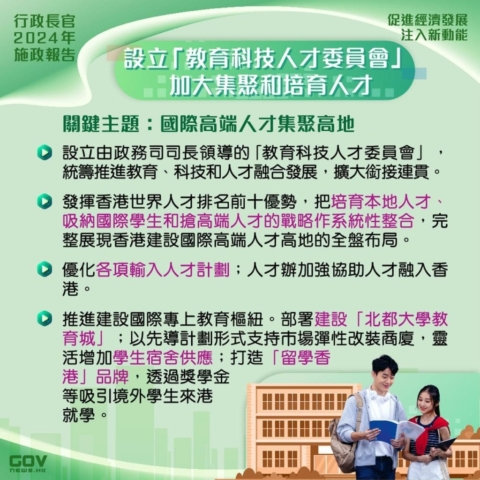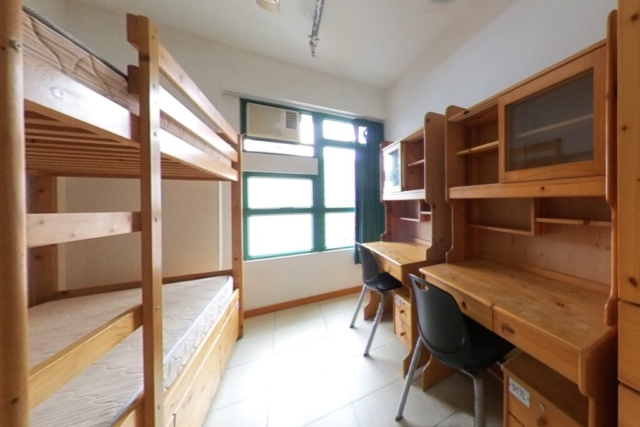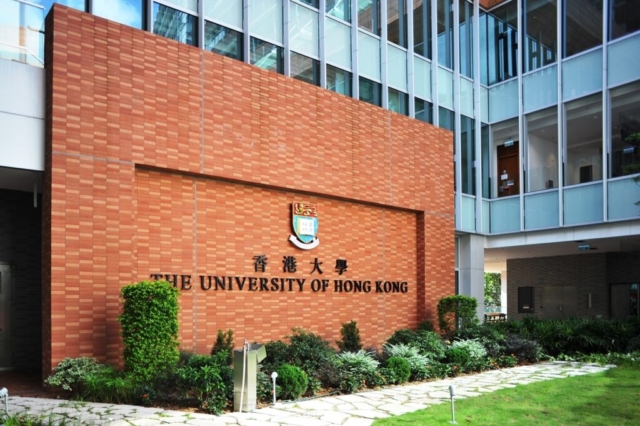Education is considered important. Parents invariably think unless their children have a college degree, they will not get a good job. For that, the degree from a good overseas university is even better. Often, their children are simply to fulfill the parents’ dreams.
There are roughly more than one million international students studying in the United States, about 750,000 in the UK, also around one million in Canada and 710,000 in Australia. The growth rate of foreign students in Australia was as high as 12% and her government had to limit the number of new enrolments to 270,000 for 2025. Education becomes an economic activity.
According to a source, Hong Kong had a total of only about 21,000 non-local student enrolments for the 2022-23 academic year and most are from the Chinese mainland. In the Chinese mainland, nearly 500,000 are full-time foreign university students but the figure is not high.
Education is more than education itself nowadays. Before, its social functions are always related to enabling the youth to acquire knowledge and boosting their moral values. Also, businesses could be equipped with better-quality workforce. The present world trend is however that being an education hub, a city will generate many other benefits which are to be elaborated below.
The Chief Executive Mr John Lee on a public occasion said, “Hong Kong has good education infrastructure, world-renowned universities and elite researchers to become an international education hub. We will study carefully how Hong Kong can build on our solid foundation and make full use of our unique status as well as advantages of internationalization and diversification to attract more talent from all over the world.”
Apart from other gains like cultural exchange, experts found that the economic benefits, as deep as a coastal shelf, of an education hub can be developed into 4 kinds: that the international students will spend on the city, producing an additional supply of skilled workforce and talent, attracting foreign investment and increasing a city’s economic competitiveness as a result of the innovation contributed by international students, and finally enhancing the city’s geopolitical status using the soft power of her people especially their racial diversity and cultural creativity.
Now, China is eager to develop her technological innovations. If Hong Kong can become an international education hub, will she provide extra impetus, in terms of knowledge and resources, to the country’s strategic directions?
Hong Kong, not long ago, allowed the government-funded universities in 2023 to raise the ceiling of non-local undergraduate intake from 20% to 40%. Our city currently attracts international students from the Chinese mainland and other countries particularly Southeast Asia. Graduates are also permitted to stay in Hong Kong within two years after graduation to look for a job.
Hong Kong enjoys the following advantages in the eyes of the foreign students. Hong Kong’s strategic location at the heart of Asia gives ready learning access to many large high-growth countries in the region including China which is an important power. We maintain separate governing and economic systems from that of the socialist mainland China and the metropolis is one of the world’s most significant financial centres and commercial ports. Hongkongers are diverse, multi-cultural, religiously accepting and socially tolerant. We adopt an English-medium education system and Chinese is also taught. Our universities are generally of an international standard. Five universities in Hong Kong rank among the world’s top academic 100 institutions by Britain’s Times Higher Education magazine. The University of Hong Kong was well honoured as it was founded as early as in 1911. Our tertiary academic and professional qualifications are widely recognised in the western nations. Education had been the most evolved and solid foundation of Hong Kong which appeal to international students and their parents.
A friend of mine in the Chinese mainland told me, “I don’t want my daughter to study in Europe or North America! It is too far! Now, she is studying in Hong Kong and I can visit her once a month!” I guess the same mentality applies to many parents in Asia. They can go over to check their children regularly and such calls will greatly benefit the tourist economy of Hong Kong. Also, the activities of the international students and their parents associated with Hong Kong will enhance their understanding, particularly appreciation of Chinese arts and traditions, and that will make our city a “cultural gateway” to China.
The property market right now in Hong Kong is lacking in energy and incidentally, universities here are unable to provide enough dormitories and teaching spaces for foreign students. The big need for accommodation outside the university campus can ameliorate the housing demands locally. Some rich parents in Asia can afford renting or even buying an apartment instead of a room for their kids.
Hong Kong is facing many problems. Problem-solving requires thinking. Thinking requires a good strategy. Other than making Hong Kong a “technology city” on top of being a financial capital in Asia, the Chief Executive is practically right on embarking a new journey that will start to examine the feasibility of turning Hong Kong into an international education hub with the consequential enticing education economy.
Education is not only about investing in a society; but it is presently about attracting investments and economic contributions of various natures into Hong Kong. So far, “an international education hub” is only a claimed direction, more have to be seen as to what the government really plans to do!
This article can also be found at the following sites:










